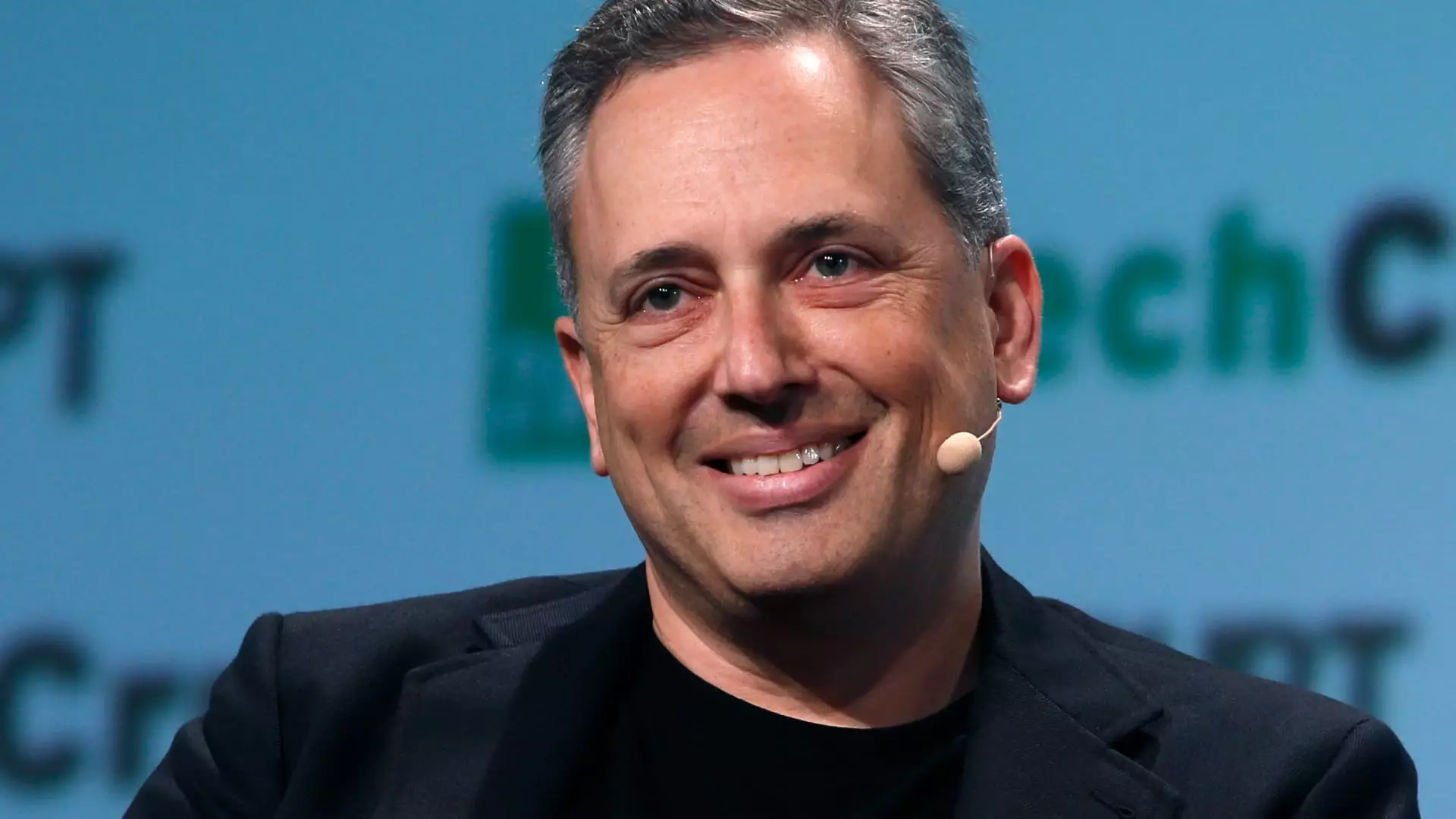The appointment of David Sacks as the “White House A.I. & Crypto Czar” under President-elect Donald Trump represents a significant intersection of technology and political strategy. Announced through Trump’s Truth Social platform, Sacks is expected to steer the administration’s policies on artificial intelligence and cryptocurrency, two areas navigated less firmly in prior political cycles. This decision highlights not only Sacks’ credentials in the tech industry but also a strategic pivot towards securing the backing of Silicon Valley influences who resonate with the Trump agenda.
Sacks’ new responsibilities will encompass the establishment of a regulatory framework for cryptocurrency, coordinating with a presidential council on science and technology. Such initiatives indicate a broader ambition to position the United States as a leader in the rapidly evolving tech landscape. Trump’s assertion that Sacks will “safeguard Free Speech online” signals a clear intent to counteract perceptions of Big Tech’s growing influence over narrative control, particularly as it relates to online discourse. This angle not only addresses a prominent concern among many Americans but also aligns with a broader political discourse regarding censorship and free market principles.
Historically, Sacks’ political sentiments have oscillated, particularly in regard to Trump himself. Following the events of January 6, Sacks publicly held Trump accountable, suggesting that the former president had undermined his candidacy. However, his subsequent transformation into a vocal supporter, evidenced by high-stakes fundraising efforts, paints a complex portrait of political alignment driven by strategic necessity rather than an unwavering ideological commitment. This evolution raises intriguing questions about the motivations behind such political endorsements, particularly within the tech community where entrepreneurial spirit often clashes with traditional political dynamics.
As a member of the so-called “PayPal mafia,” Sacks joins a select sphere of influential figures who have deeply impacted Silicon Valley’s development. His past success, including selling Yammer to Microsoft for $1.2 billion, showcases his business acumen, but it also weaves him into the fabric of a movement that champions innovation. By integrating his Silicon Valley background with his new administrative role, Sacks embodies the ongoing relationship between technology and governance—a relationship that is increasingly crucial as both sectors converge under issues like AI ethics and cryptocurrency regulation.
As Sacks steps into this pivotal role, he faces both challenges and opportunities. The landscape of AI and cryptocurrency is fraught with regulatory hurdles, ethical questions, and technical complexities. The very notion of guiding U.S. policy in these domains requires not just industry knowledge but a nuanced understanding of the global implications. Moreover, Sacks’ ability to navigate political alliances while advocating for an innovative agenda will be crucial in shaping a progressive tech policy framework.
Sacks’ designation is emblematic of the shifting paradigms within political and technological realms, suggesting that future governance may increasingly rely on leaders who understand the intricacies and nuances of the tech world. As he embarks on this new journey, the intersection of Sacks’ expertise and political influence will be closely monitored, offering insights into how technological advancements will be driven forward in a political landscape that is equally dynamic.

